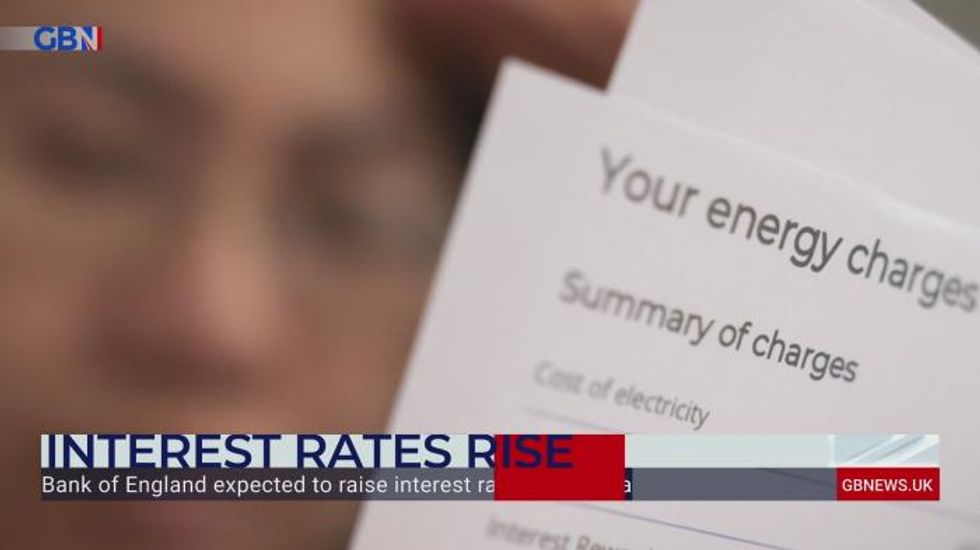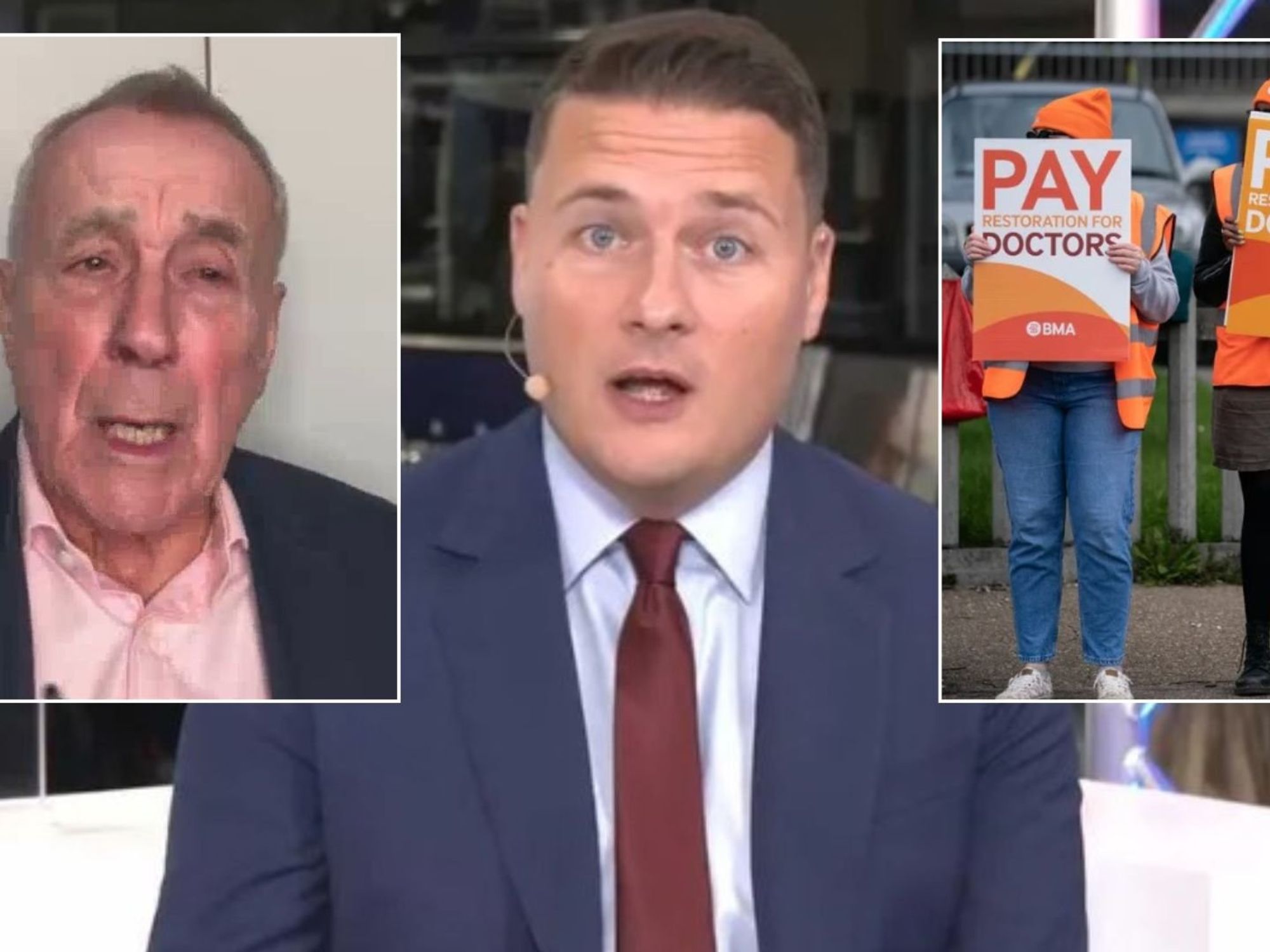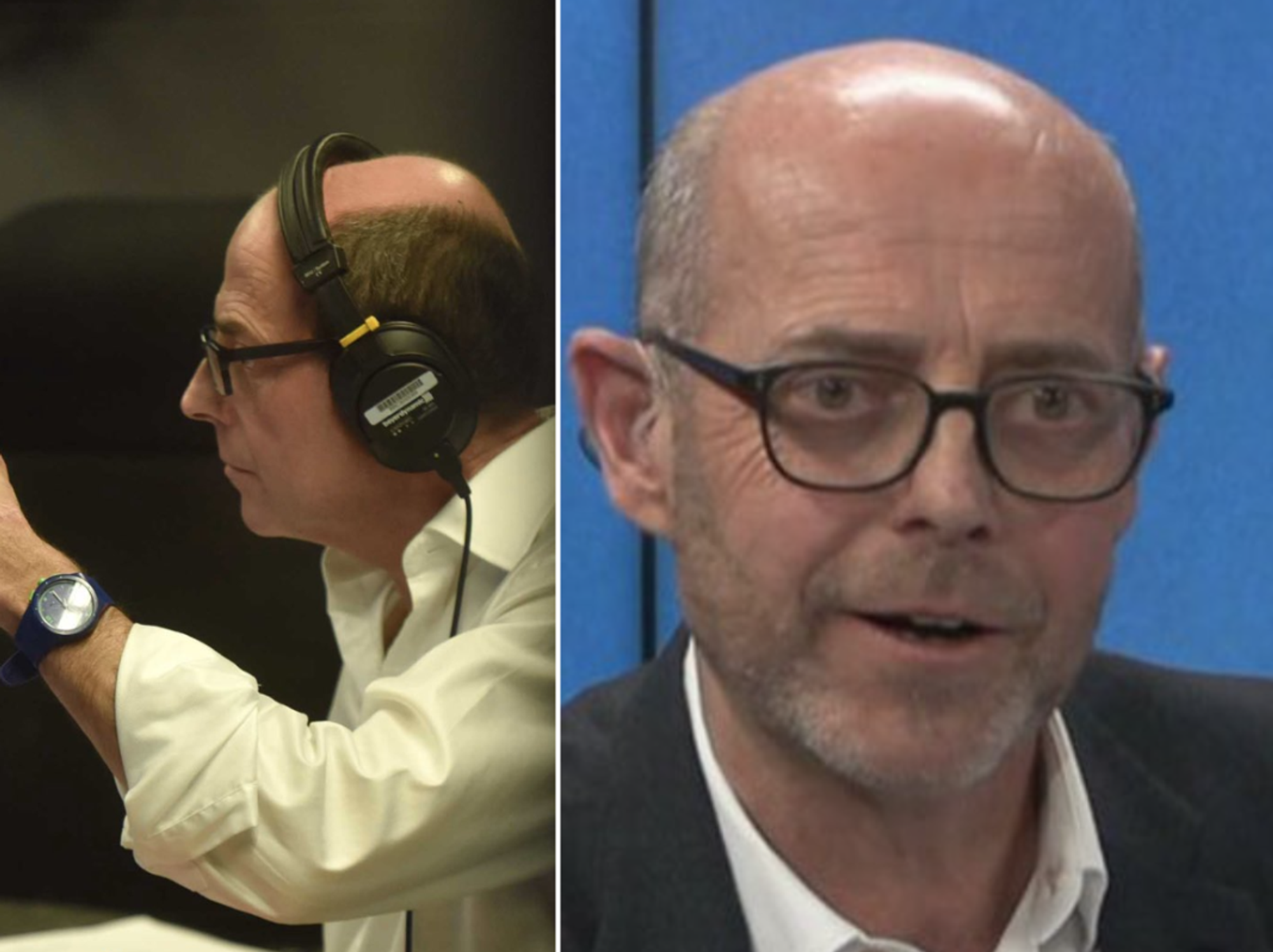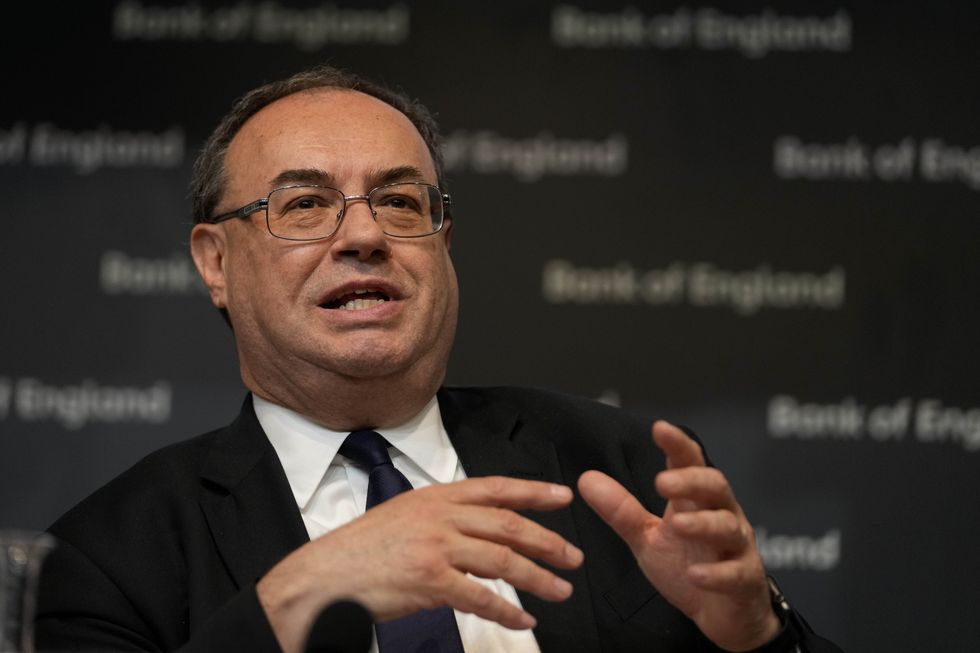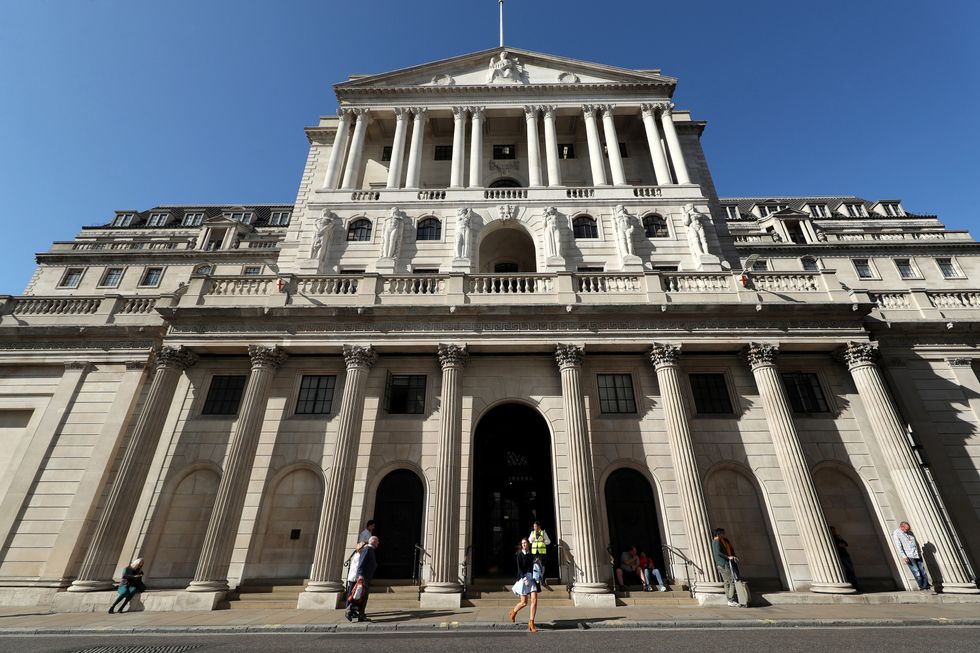Bank of England raises interest rates to 1.75% as UK to enter five consecutive quarters of recession
The Bank of England has raised interest rates to 1.75 percent as the cost-of-living crisis continues to weaken the economy
Don't Miss
Most Read
The Bank confirmed plans to raise the rate from 1.25 percent at midday on Thursday.
The UK will enter five consecutive quarters of recession with gross domestic product falling as much as 2.1 percent, the Bank said.
And the Bank added that Consumer Prices Index inflation is expected to peak at 13.3 percent in October, the highest level since September 1980.
The monetary policy committee (MPC) of nine members voted eight to one in favour of a rise to 1.75 percent.
But one member of the MPC – Silvana Tenreyro – was out-voted in calling for a quarter point rise to 1.5 percent.
Governor of the Bank of England Andrew Bailey
Frank Augstein
In minutes from the rates decision meeting, the Bank said the majority of the MPC felt a “more forceful policy action was justified”.
It said: “Against the backdrop of another jump in energy prices, there had been indications that inflationary pressures were becoming more persistent and broadening to more domestically driven sectors.”
“Overall, a faster pace of policy tightening at this meeting would help to bring inflation back to the two percent target sustainably in the medium term, and to reduce the risks of a more extended and costly tightening cycle later."
The value of the pound dropped 0.05 percent lower against the US dollar at 1.211 shortly after the Bank of England’s rate rise was confirmed, having been 0.7 percent higher ahead of the announcement.
The pound has dropped 0.5 percent against the euro to 1.189.
The Bank of England
Yui Mok
A statement from the Bank reads: “Inflationary pressures in the United Kingdom and the rest of Europe have intensified significantly since the May Monetary Policy Report and the MPC’s previous meeting.
“That largely reflects a near-doubling in wholesale gas prices since May, owing to Russia’s restriction of gas supplies to Europe and the risk of further curbs.
“As this feeds through to retail energy prices, it will exacerbate the fall in real incomes for UK households and further increase UK CPI inflation in the near term.
“CPI inflation is expected to rise more than forecast in the May Report, from 9.4 percent in June to just over 13 percent in 2022 Q4, and to remain at very elevated levels throughout much of 2023, before falling to the two percent target two years ahead.”
Bank officials said that the depth of the drop is comparable to the recession in the early 1990s.
Unemployment will start to rise again next year, according to projections.
And the Bank expects inflation to come back under control in 2023, dropping below two percent towards the end of the year.
It added: “The United Kingdom is now projected to enter recession from the fourth quarter of this year.
“Real household post-tax income is projected to fall sharply in 2022 and 2023, while consumption growth turns negative.”
Tory leadership hopeful and former Chancellor Rishi Sunak said: “One of the most urgent challenges we face as a country is getting inflation under control as quickly as possible.
“The Bank has acted today and it is imperative that any future government grips inflation, not exacerbates it."
While Shadow Chancellor Rachel Reeves described the announcement as "further proof that the Conservatives have lost control of the economy".
She continued: “As families and pensioners worry about how they’re going to pay their bills, the Tory leadership candidates are touring the country announcing unworkable policies that will do nothing to help people get through this crisis.”
In relation to the news that Ofgem amended how often the energy price cap will be updated, the Bank forecast that it will rise from £1,971 to £3,450 per year for the average household this October.
Experts from Cornwall Insight, an energy consultancy, have also predicted further hikes, to £3,616 in January and £3,729 in April. Other energy experts believe it could go higher still.
It comes as a new poll shows almost two-thirds of the public say they are concerned about rising interest rates.


